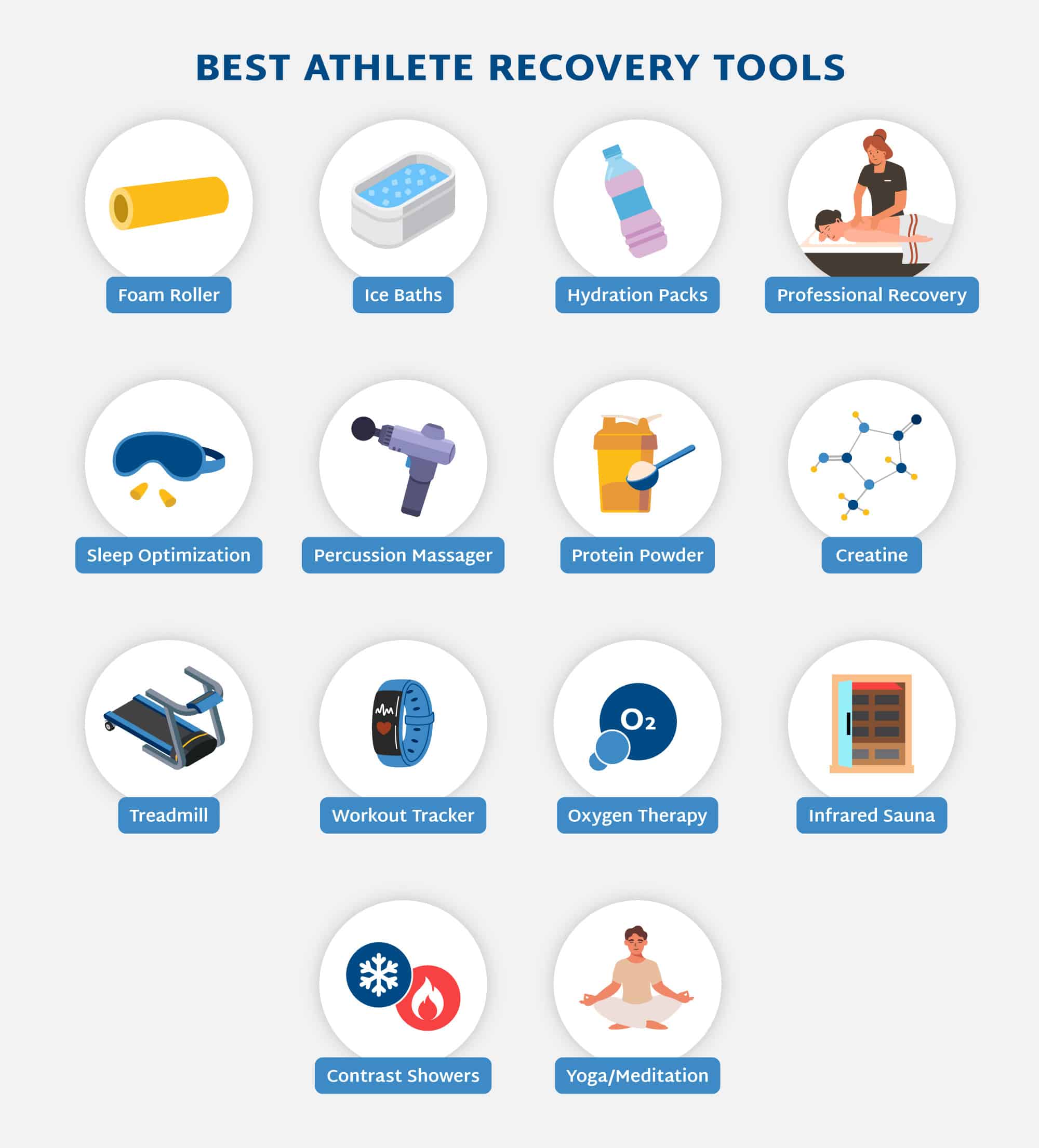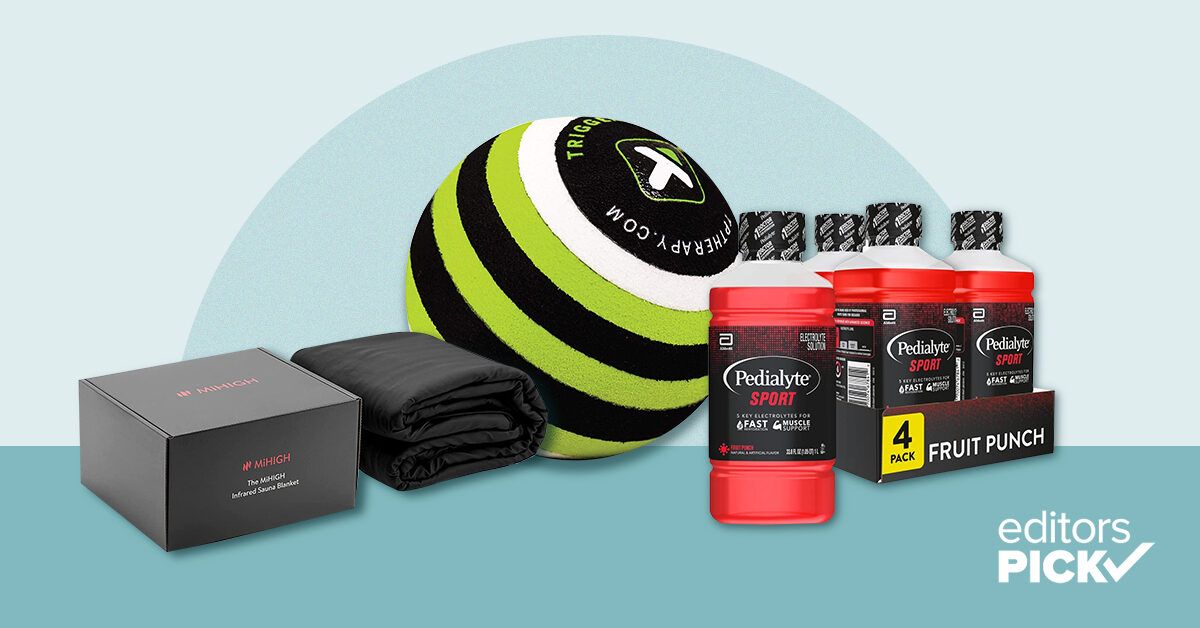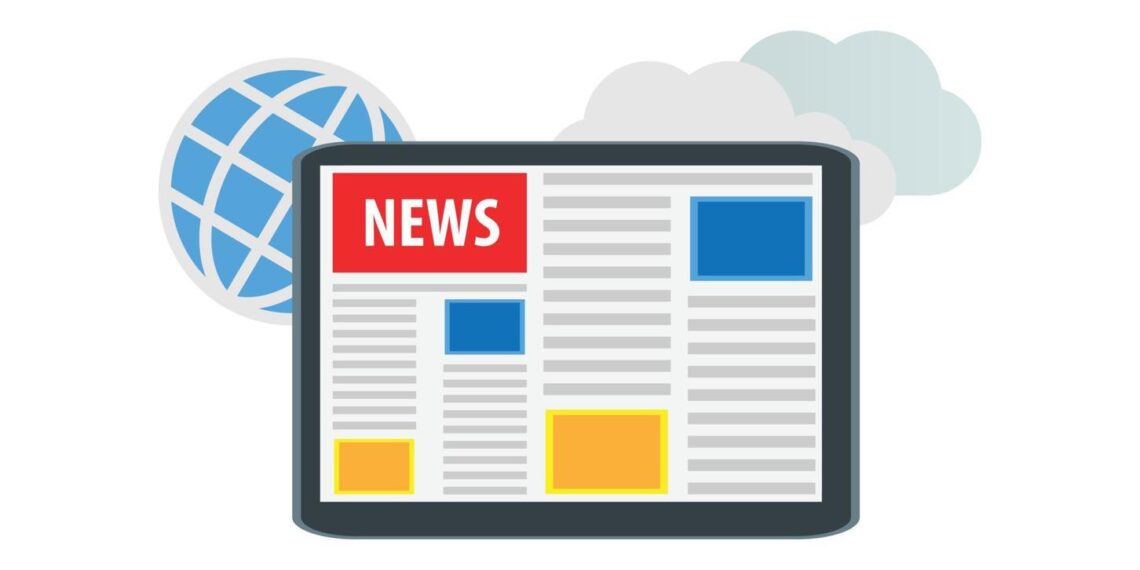Best Workout Recovery Tools: Enhancing Your Performance and Recovery
Workout recovery tools play a crucial role in your fitness journey. Whether you’re an athlete pushing your limits or someone looking to get in shape, recovery tools can help you bounce back quicker, prevent injury, and enhance your overall performance. The right recovery tools provide support after intense workouts and allow you to continue progressing toward your fitness goals.

Why Recovery Tools Are Essential for Athletes
Recovery is just as important as the workout itself. When you exercise intensely, your muscles go through micro-tears, and without proper recovery, they cannot rebuild stronger. Recovery tools help accelerate this process, reducing soreness, improving flexibility, and enhancing muscle repair.
Benefits of Using Recovery Tools
-
Reduced Muscle Soreness: Tools like foam rollers and massage guns target tight muscles, easing the tension and improving blood circulation to promote faster recovery.
-
Injury Prevention: Regular use of recovery tools helps maintain flexibility and mobility, which can prevent injuries caused by muscle tightness and imbalances.
-
Improved Performance: By enhancing muscle recovery, you can push harder during workouts and perform better in your sport or fitness routine.
Top Recovery Tools for Post-Workout Care
Several recovery tools are available, each offering different benefits. Below, we’ll dive into some of the most popular tools used by athletes and fitness enthusiasts.
1. Foam Rollers
A foam roller is one of the most popular and accessible recovery tools. It is a great way to relieve tight muscles and increase circulation. Foam rolling is often used to target sore muscles, increase flexibility, and decrease muscle tension.
-
Benefits: Helps in myofascial release, reduces soreness, and improves range of motion.
-
How to Use: Roll slowly over your muscles, stopping at tender spots to apply pressure.

2. Massage Guns
A massage gun provides deep tissue massage that targets muscle knots and tension. The powerful percussion helps increase blood flow, reduce lactic acid build-up, and speed up muscle recovery.
-
Benefits: Reduces muscle soreness, enhances circulation, speeds up recovery, and helps with pain relief.
-
How to Use: Hold the gun over sore or tight muscles and allow the device to work its magic for a few minutes on each area.

3. Compression Garments
Compression garments such as sleeves, socks, or full-body suits help improve circulation and reduce swelling. These garments are often worn during and after exercise to promote faster recovery by aiding the removal of waste products like lactic acid from the muscles.
-
Benefits: Helps with muscle repair, reduces inflammation, and speeds up recovery time.
-
How to Use: Wear compression gear during or after workouts to experience enhanced circulation and faster recovery.
4. Ice and Heat Therapy
Ice baths or cold packs are commonly used for their anti-inflammatory properties, while heat therapy helps relax tight muscles and improve blood circulation. Both methods are highly effective for managing post-workout soreness.
-
Benefits: Ice reduces inflammation and soreness, while heat helps relax muscles and improve flexibility.
-
How to Use: Alternate between cold and hot therapy, depending on your recovery needs.
5. Stretching and Yoga Tools
Stretching is key to improving flexibility and reducing muscle tightness. Yoga blocks, straps, and other stretching tools can help improve your range of motion and allow you to achieve deeper stretches.
-
Benefits: Improves flexibility, reduces muscle tightness, and promotes relaxation.
-
How to Use: Incorporate stretching tools into your daily routine to aid recovery and prevent injuries.

6. Hydration Tools
Proper hydration is critical for muscle recovery. Hydration packs or water bottles with built-in filtration can help ensure that you’re replenishing lost fluids efficiently. Adding electrolytes to your water can further improve hydration levels, especially after intense workouts.
-
Benefits: Helps with muscle recovery, prevents cramps, and replenishes lost electrolytes.
-
How to Use: Drink plenty of water throughout the day and use hydration tools for convenience.
Why Consistency Is Key in Recovery
Consistency in recovery is just as important as your workout routine. The more consistently you use recovery tools, the better results you’ll see in terms of muscle repair, reduced soreness, and improved performance.
Integrating Recovery into Your Routine
-
Daily Stretching: Incorporating stretching into your daily routine will help keep muscles supple and prevent injury.
-
Post-Workout Tools: Use recovery tools immediately after exercise for the best results. Massage guns, foam rollers, and ice baths can be most effective when used within 30 minutes of finishing your workout.
How to Choose the Right Recovery Tool for You
With so many options available, choosing the right recovery tool can be challenging. Here’s what to consider when picking the best tools for your needs:
1. Assess Your Recovery Needs
Are you looking to relieve muscle soreness, improve flexibility, or speed up the recovery process? Identifying your primary goal will help you choose the right tool for your needs.
2. Consider Your Budget
Some recovery tools can be expensive, especially high-end massage guns and compression garments. Determine your budget and prioritize tools that offer the most value for your needs.
3. Evaluate Ease of Use
Choose tools that are easy to use and comfortable. Whether it’s a foam roller, massage gun, or compression garment, you’ll want something that fits seamlessly into your routine.
Success Stories from Athletes
Many athletes and fitness enthusiasts credit their success to the use of recovery tools. Here are some inspiring success stories:
-
Tom’s Recovery with Foam Rolling: Tom, a marathon runner, used foam rolling to target tight muscles after long runs. He reported feeling more flexible and experiencing less soreness, which helped him improve his performance and reduce the risk of injury.
-
Sarah’s Experience with Massage Guns: Sarah, a CrossFit athlete, turned to a massage gun for relief after intense workouts. Using it regularly helped reduce her recovery time and allowed her to train harder without experiencing burnout.
FAQs About Workout Recovery Tools
1. How often should I use recovery tools?
It’s best to use recovery tools after every workout to enhance muscle repair and reduce soreness. Some tools, like foam rollers, can be used daily, while others, like massage guns, may be used a few times a week.
2. Can recovery tools help prevent injuries?
Yes! Using recovery tools helps maintain muscle flexibility and prevent tightness, which can lead to injuries. Stretching, foam rolling, and using compression gear can keep muscles in top condition.
3. Are recovery tools safe to use?
Yes, recovery tools are generally safe when used properly. Always follow the manufacturer’s instructions, and if you have any pre-existing conditions or injuries, consult with a professional before use.
4. Can I use multiple recovery tools at once?
Absolutely! Many athletes use a combination of recovery tools, such as foam rolling followed by a massage gun or ice therapy, to maximize their recovery process.
Conclusion
Incorporating workout recovery tools into your fitness routine is essential for reducing soreness, improving flexibility, and accelerating muscle repair. Whether you choose a foam roller, a massage gun, or a hydration tool, these devices can help you maintain peak performance and minimize downtime. By consistently using the right recovery tools, you’ll ensure that your body can perform at its best, reducing the risk of injury and enhancing your overall fitness progress.

Incorporate these tools into your post-workout routine, and you’ll be well on your way to a quicker recovery and better performance.




